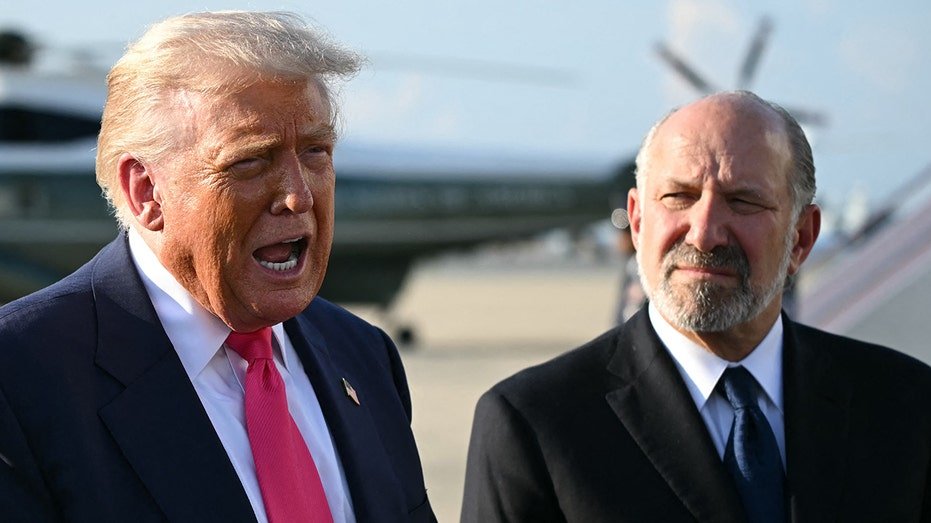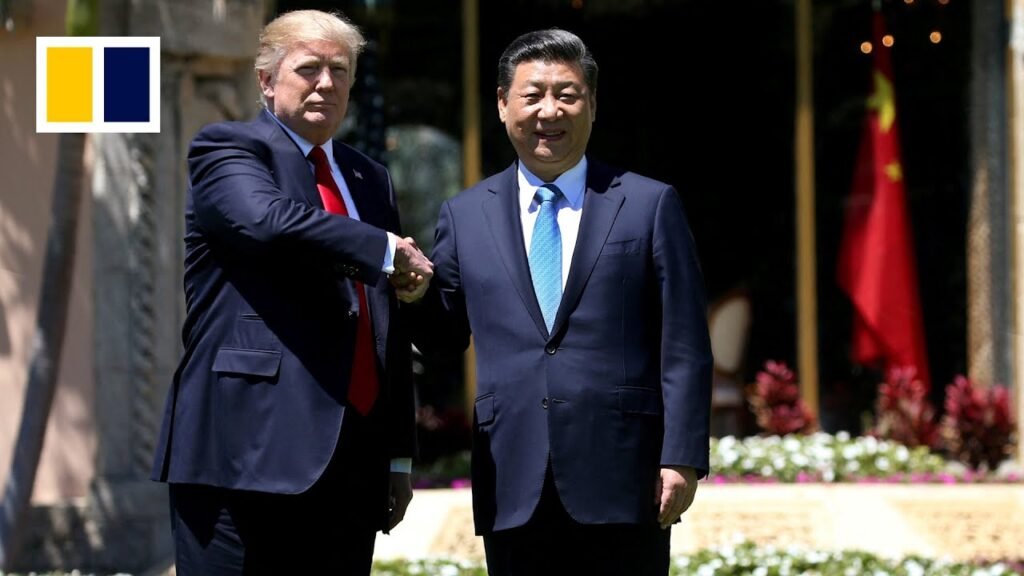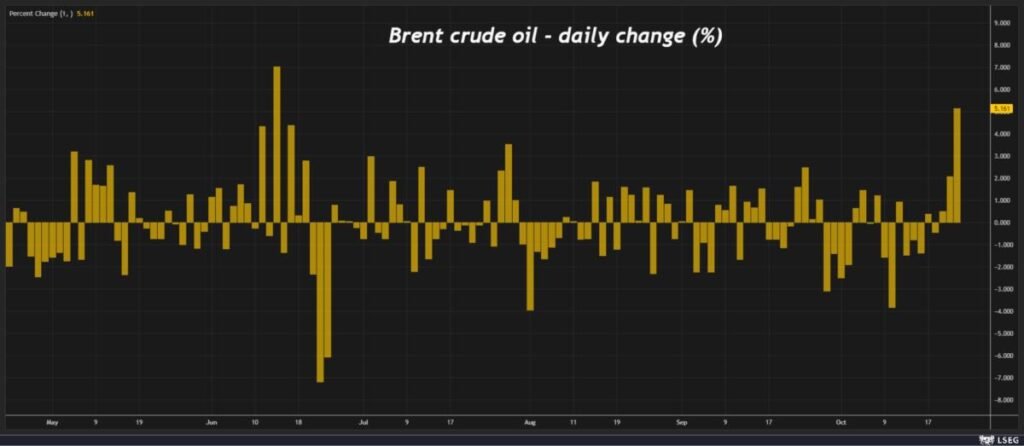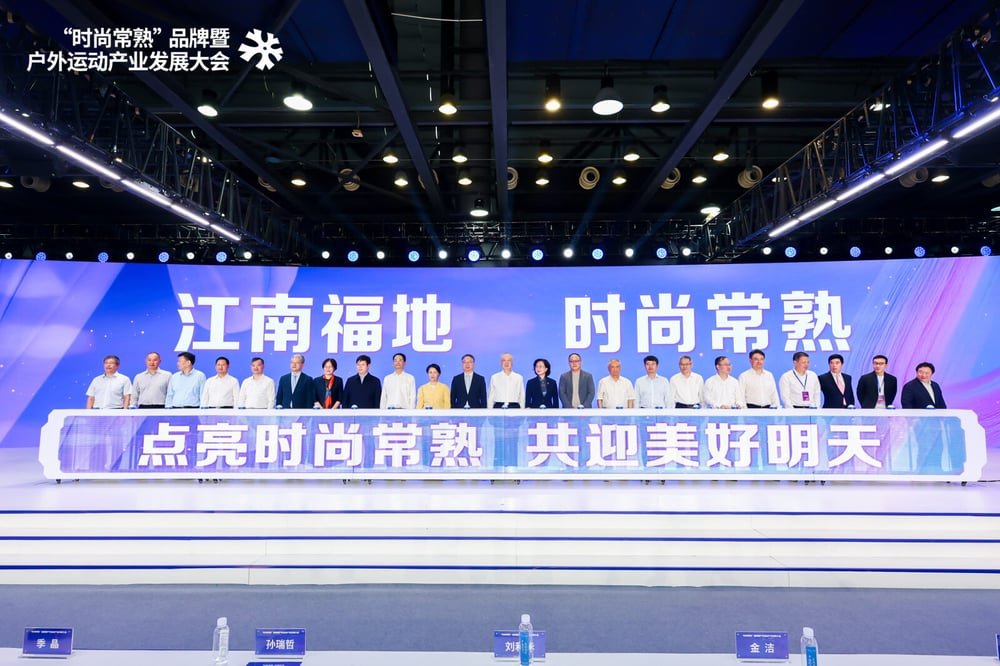Tensions between the U.S. and China escalated in the weeks leading up to a possible meeting between U.S. President Donald Trump and Chinese President Xi Jinping. In response to recent U.S. restrictions, China plans to expand permitting requirements on rare earth products. Trump has threatened a 100% tariff on Chinese goods. Such is the game between the world’s two largest economies, with both sides seeking an upper hand in the highly-watched trade negotiations.
Here’s a look at how it unfolded over the past month.
Sept. 19:
Trump and Xi have a phone call, and Trump announces plans for leaders to meet in South Korea toward the end of October. Trump posts on Truth Social: “I just completed a very productive call with President Xi of China. The call was a very good one.” China says the two leaders had a “candid and in-depth exchange of views.”
Sept. 29:
The U.S. Commerce Department issues a new rule to drastically extend export restrictions not only on blacklisted foreign companies but their affiliates, defined as those that are at least 50% owned by blacklisted entities. Jeffrey Kessler, Under Secretary of Commerce for Industry and Security, says the rule will be “closing the loopholes and ensuring that export controls work as intended.” China immediately protests, calling it another “typical case” of the U.S. broadening national security and abusing export control. The Chinese Commerce Ministry says the act is “extremely bad” and will “severely harm the legitimate interests of companies.”
Oct. 1
China has yet to buy any U.S. soybeans from U.S. farmers. Trump accuses Beijing of leveraging its soybean purchase power for negotiations and declares soybeans to be “a major topic of discussion” when he meets Xi. China says the obstacle lies with the U.S. unilateral restrictive measures in trade.
Oct. 3
The U.S. Customs and Border Protection releases a document on the port fees to be charged on China-linked vessels, to take effect Oct. 14. The United States says it is necessary to help rebuild U.S. shipbuilding capacity, but China denounces it as unilateral and discriminatory.
Oct. 8
The U.S. Commerce Department blacklists a number of Chinese companies for supplying drone parts to Iran.
Oct. 9
Beijing announces new, more restrictive rules to limit the export of rare earth materials. China says it takes the step to better safeguard national security and interests and better fulfill its non-proliferation duties, given that the elements can be used for both civilian and military purposes. The U.S. Treasury Department sanctions China-based refineries for purchasing Iranian oil. The U.S. Department of Transportation proposes barring Chinese airlines from flying over Russia on U.S. routes.
Oct. 10
Trump threatens to impose a new 100% tariff on Chinese goods and additional tech export limits. Trump, in a post, decries the Chinese act as “a rather sinister and hostile move” and he writes that “there seems to be no reason” to meet Xi later in October. “Some very strange things are happening in China! They are becoming very hostile,” Trump writes. China announces retaliatory port fees to take effect Oct. 14; China launches an investigation into Qualcomm, a U.S. semiconductor company.
Oct. 12
Trump softens his rhetoric and writes: “Don’t worry about China.” On the same day, China says it is willing to strengthen “dialogue and exchange” with other countries on export controls to ensure the security and stability of the global supply chain.
Oct. 14:
Trump says his administration may stop buying cooking oil from China as “retribution” for Beijing’s boycott of U.S. soybeans. In a post, Trump says he believes that “China purposefully not buying our Soybeans, and causing difficulty for our Soybean Farmers, is an Economically Hostile Act.” China’s Commerce Ministry says it is banning dealings by Chinese companies with five subsidiaries of South Korean shipbuilder Hanwha Ocean. China confirms working-level discussions but also warns the U.S. not to introduce new restrictive measures while engaging in negotiations with China.
Oct. 15
China’s air carriers file complaints over a U.S. order to prohibit them from flying over Russia when traveling to or from the U.S.
Oct. 17
U.S. Treasury Secretary Scott Bessent and Chinese counterpart, Vice Premier He Lifeng, speak in a video call. Bessent said earlier that he would meet the Chinese official in Malaysia in the following week to prepare for the leaders’ meeting. China says the two sides had a “candid, in-depth and constructive exchange” and agree to hold a new round of trade talks as soon as possible.
Oct. 20
Trump says the U.S. commands “great respect” from Beijing and that he will reach a “fantastic deal” with Xi when the two leaders meet soon. A Chinese foreign ministry spokesperson responds: “Let me stress that heads-of-state diplomacy plays an irreplaceable role in providing strategic guidance for China-U.S. relations.” He does not provide further details.

![[News] China Reportedly Damaged DUV Machine in Reverse-Engineering, Called ASML for Help](https://koala-by.com/wp-content/uploads/2025/10/ASML-tools-624x624.jpg)






